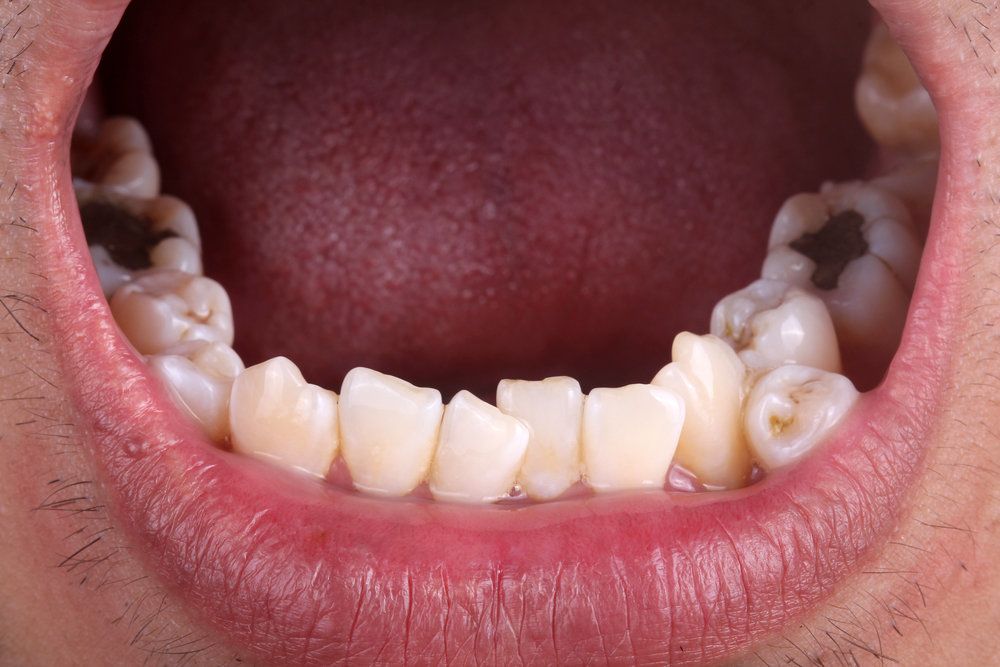Extra Teeth Growing in Adults : Causes and Solutions
Last Updated on 6 months by DR. ALBIN SIPES
Extra teeth growing in adults, also known as supernumerary teeth, can occur due to genetic factors or developmental issues. These additional teeth can lead to overcrowding, misalignment, or impacted teeth, causing discomfort and oral health problems.
It is crucial to have these extra teeth evaluated by a dentist to determine the best course of action for treatment. Ignoring the issue can result in complications such as difficulty in chewing, speech problems, and increased risk of tooth decay.
Seeking professional advice and possible extraction can alleviate these concerns and ensure optimal oral health. Understanding the causes and consequences of supernumerary teeth in adults is essential for making informed decisions about proper dental care and treatment.
Genetic Factors In Hyperdontia
Genetic Factors in Hyperdontia: Extra teeth in adults, also known as hyperdontia, can be influenced by genetic factors. Inherited traits related to tooth development: Some individuals may inherit a predisposition for developing extra teeth from their parents or ancestors. This genetic influence can result in the abnormal growth of teeth beyond the normal set. Syndromes associated with extra teeth: Certain syndromes and genetic conditions are linked to hyperdontia, such as cleidocranial dysplasia and Gardner syndrome. Individuals with these syndromes often experience the development of supernumerary teeth, further emphasizing the genetic aspect of hyperdontia.

Credit: www.bostonsmile.com
Oral Health And Extra Teeth
Extra teeth growing in adults can have a significant impact on oral health. Poor oral hygiene can lead to complications such as overcrowding, misalignment, and impaction. It is crucial for adults to prioritize regular dental check-ups and cleanings to monitor any potential issues with the eruption of extra teeth. Preventative dental care plays a vital role in identifying and addressing these concerns early on, potentially preventing more complex and costly treatments in the future. By staying proactive and maintaining good oral hygiene habits, adults can mitigate the challenges associated with the development of extra teeth.
Recognizing Symptoms Of Extra Teeth
Extra teeth growing in adults, also known as hyperdontia, can cause various dental issues if not recognized and treated promptly. Identifying signs of abnormal tooth growth is crucial in managing this condition. Common symptoms include pain and discomfort in the affected area, difficulty in chewing, and overcrowding of teeth. It is essential to consult a dentist if you experience any of these symptoms to prevent further complications. Furthermore, hyperdontia can lead to misaligned bite and jaw problems if left untreated. Therefore, early detection and appropriate dental interventions are vital in addressing this condition.
Dental Imaging For Detection
Extra teeth growing in adults, also known as supernumerary teeth, can often go undetected without proper dental imaging for diagnosis. Different types of imaging techniques are used to detect these additional teeth, including X-rays and CT scans. Understanding the results of these imaging tests is crucial for identifying the presence and location of extra teeth in adults.
Professional Dental Treatments
Extra teeth growing in adults can lead to various dental issues and discomfort. Professional dental treatments offer surgical extraction procedures to remove the additional teeth and prevent further complications. Orthodontic interventions are also available to realign the existing teeth and ensure proper dental function. These treatments are essential for adults experiencing the growth of extra teeth, as they can alleviate pain and improve overall oral health. Considering the expertise and precision required for such procedures, seeking professional dental care is crucial in effectively addressing this condition. It’s important for individuals experiencing this issue to consult with dental experts to determine the most suitable treatment plan for their specific needs.
Care And Management Post-treatment
After the treatment for extra teeth growing in adults, it is crucial to follow the recommended recovery process for tooth removal. This includes maintaining proper oral hygiene, following the dentist’s post-operative instructions, and being mindful of any potential complications. Additionally, adopting long-term dental health maintenance strategies, such as regular dental check-ups, proper brushing and flossing techniques, and a healthy diet, can help prevent any future dental issues and promote overall oral health. Ensuring that the care and management post-treatment is thorough and consistent will contribute to a successful recovery and contribute to optimal dental well-being in the long run.
Conclusion
Discovering extra teeth in adults can be surprising. It’s essential to seek professional dental guidance for proper treatment. The removal process is often necessary to prevent complications. Regular dental check-ups can aid in early diagnosis and management. Remember, proactive dental care can maintain your oral health in the long run.

